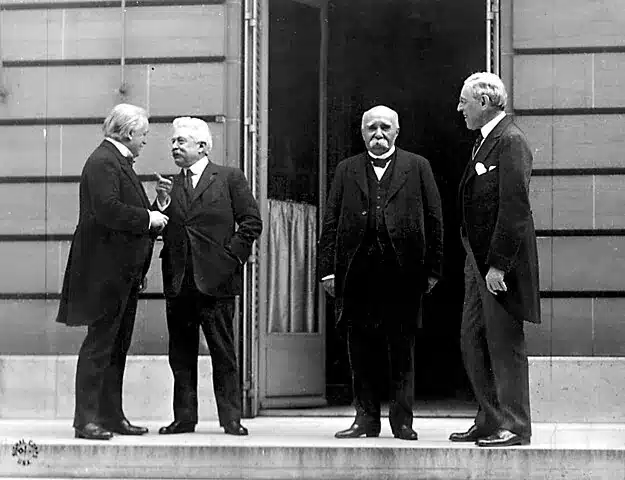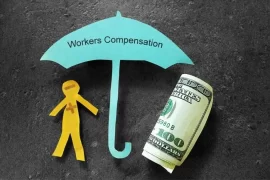Moral Diplomacy, a foreign policy approach championed by President Woodrow Wilson, sought to promote democracy, uphold human rights, and advance ethical principles in international relations. During his presidency (1913-1921), Wilson strived to reshape America’s global engagement by emphasizing moral values over traditional power politics. This article delves into the concept of Moral Diplomacy, explores historical examples, and highlights President Wilson’s role in advocating this diplomatic idea.
The Concept of Moral Diplomacy
Moral Diplomacy emerged as a response to the realpolitik and gunboat diplomacy practiced by previous administrations. Wilson believed that the United States had a moral obligation to support democratic governments, condemn tyranny, and foster peace worldwide. He envisioned a global order built on principles of justice, human rights, and self-determination for nations.
Wilson’s Moral Diplomacy in Practice
Mexican Revolution: One of the early tests of Moral Diplomacy was the Mexican Revolution (1910-1920). Rather than supporting oppressive regimes, Wilson refused to recognize General Victoriano Huerta’s government, known for its human rights abuses. Instead, he sought to establish a democratic and stable government in Mexico, leading to a series of interventions to protect American interests while supporting democratic aspirations.

World War I: When World War I erupted in Europe, Wilson sought to maintain neutrality. But the United States eventually declared war in 1917 to promote democracy and the self-determination of nations. His famous “Fourteen Points” speech outlined a blueprint for a just peace settlement, emphasizing open diplomacy, disarmament, and the right of nations to determine their own fate. Wilson’s efforts culminated in the creation of the League of Nations, an international organization aimed at preventing future conflicts through diplomacy and cooperation.
Nicaragua and Haiti: In an attempt to discourage military interventions, Wilson withdrew American troops from Nicaragua and Haiti, signaling a shift away from the use of force in foreign affairs. Instead, he emphasized economic and infrastructural aid to assist in nation-building and foster democracy.
Wilson’s Legacy
President Wilson’s Moral Diplomacy left a lasting impact on American foreign policy. It marked a turning point from isolationism to active engagement in global affairs with an emphasis on promoting democratic values and human rights. Although not without controversy, Wilson’s vision laid the groundwork for subsequent administrations’ attempts to balance moral considerations with strategic interests. Subsequent presidents, such as Franklin D. Roosevelt and Harry S. Truman, embraced elements of Moral Diplomacy in their policies, emphasizing democratic values and human rights in shaping America’s global engagements. Wilson’s enduring legacy continues to resonate in debates about America’s present role in the world.
Summary of the Moral Diplomacy
In conclusion, moral diplomacy, championed by President Woodrow Wilson, stood as a groundbreaking approach to international relations. Wilson’s vision sought to promote democratic ideals, uphold human rights, and pursue a just world order. By examining historical events like WWI, it is evident that Wilson’s diplomatic ideas profoundly influenced American foreign policy. It paved the way for future generations to navigate the complexities of global affairs with a moral compass.







